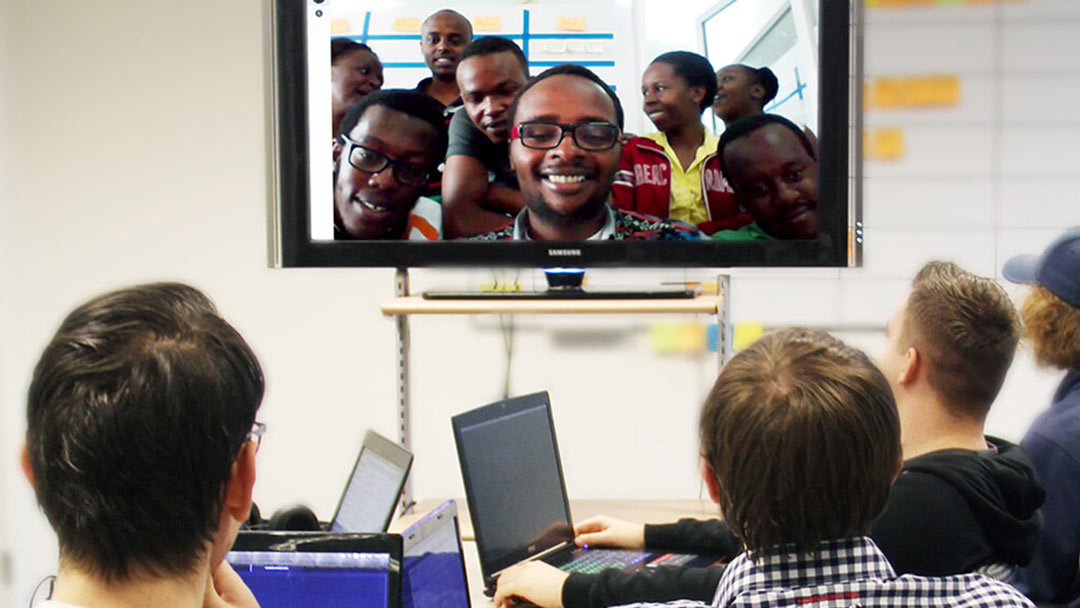
Emerging trends in Travel Technology
Travel technology is a general term used to describe the use of information technology (IT) in tourism, travel, and hospitality. In any case, travel technologies strive towards these goals – to save time, cut travel costs, and enhance the travel experience for customers. Notably, travel technology has not only been pivotal in enhancing customer experience but has also helped businesses to run operations seamlessly.
The ravages caused by the COVID-19 pandemic in the last 2 years have pushed for more technological innovations in the travel sector. From the Internet of Things (IoT) to contactless payment technologies, the future for technology is bright.
Let’s look at some of the merging technology trends in the travel industry.
- Contactless Payment Technologies
Contactless payment options saw a tremendous increase in adoption during the pandemic thanks to the need to maintain a safe distance between individuals. Increased usage of mobile payment options during the pandemic encouraged innovations in the online payment industry as we saw new entrants into the market.
While APIs have been around since the 1990s, they took off in the 21st century after the creation of Web 2.0 – a web technology primarily characterized by user-generated content. Payment APIs have enhanced the travel industry through the integration of existing mobile payment technologies with travel platforms such as mobile apps and web applications.
As of 2017, the mobile payment market size was valued at $1.48 trillion and is expected to hit $12.06 trillion by 2027.
Internet of Things (IoT) IoT is poised to influence the travel industry with wearables, biometric security systems, wireless room appliances, and wireless inventory tracking systems. With advanced remote sensing devices, IoT is expected to enhance travelers’ experience through information gathering and analysis. For instance, wildlife researchers plant remote sensing devices in the jungle to gather information for easier tracking of wild animals.
Robotics
As far as Artificial Intelligence (AI) is concerned, robotics tops the list of the most popular AI technology in the travel industry. In the hotel business, robots are used in catering and hospitality activities. Moreover, some hotels use them for luggage handling. Rapid advancement in AI is expected to provide more innovative solutions for the travel industry.
Virtual Reality (VR)
Virtual reality is an emerging AI technology that allows users to experience a simulated reality. Travel enthusiasts can explore hotels, restaurants, and scenic landmarks in the comfort of their homes. With a virtual reality headset, you can go on an adventure without leaving your house. Innovations in VR were critical during the pandemic and are expected to impact tourism post-pandemic.
Cybersecurity
Cybersecurity is part and parcel of every technology and it encompasses two major aspects, that is, attacks and countermeasures. While travel technology is pivotal in improving the quality of travel experience the associated cybersecurity threats cannot be ignored. Cyberthreats such as cross-scripting attacks, data breaches, online fraud, hacking, distributed denial of service (DDOS), and malware attacks are common in the industry. Ergo, industry stakeholders ought to keep up with these attacks and implement suitable measures to counter such threats.
Remarkably, travel technology is broad and will continue to grow as demand for better travel experiences increases. Looking at how fast the industry has changed thanks to modern technology, it is hard to predict what the industry will be like in the next 10 years. Notwithstanding, we can be sure of one thing – the industry will be chiefly dependent on technology.
Partner with us
At Dew Cis Solutions, we endeavor to contribute to the ever-changing travel industry. From contactless payment solutions such as MPESA integration to secure software systems, our products are cutting-edge solutions to travel agencies.

